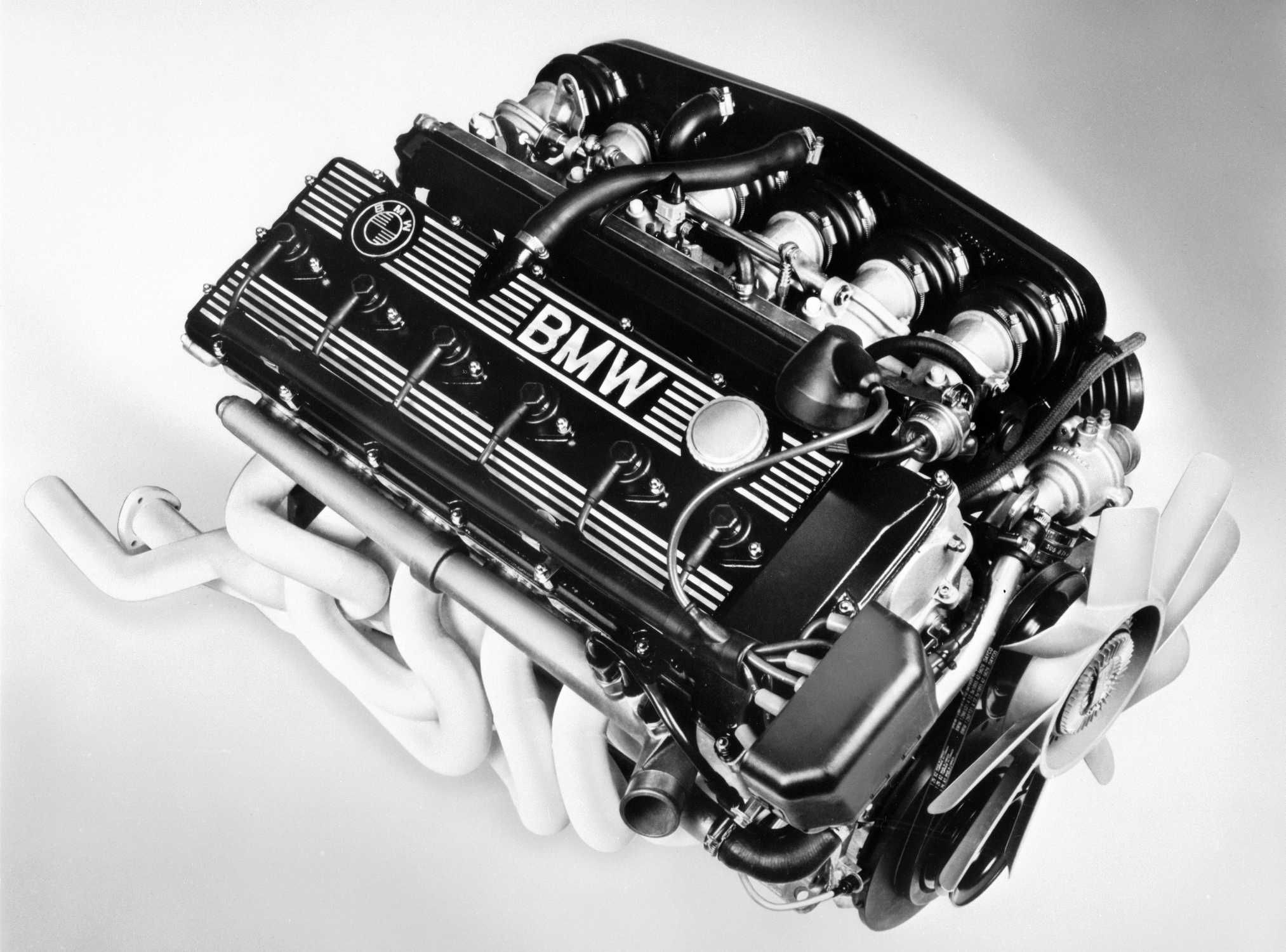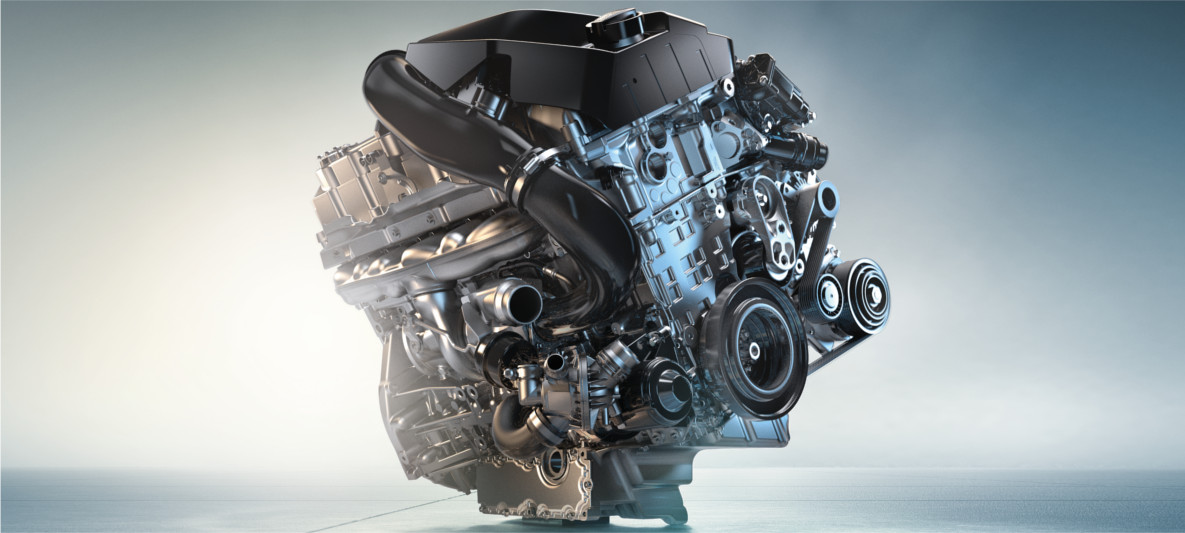Revealing the Intricacies of Next-Generation Power Units: a Deep Study Advanced Engine Innovations and designs
As we stand on the precipice of a new era in transport, the ins and outs of next-generation engine layouts beckon us to explore the advanced technologies and innovations that promise to redefine the driving experience. Diving much deeper right into the realms of discharge control, intelligent engine management systems, and the perspective of power unit advancement, we find ourselves on the cusp of an improvement that guarantees to reshape the landscape of movement as we understand it.
Evolution of Engine Materials

The shift in the direction of progressed engine materials has actually likewise enabled designers to develop engines with greater power results while maintaining gas effectiveness requirements. The use of lightweight materials decreases the total weight of the engine, leading to enhanced fuel economic situation and lower emissions. Furthermore, developments in materials modern technology have enabled better thermal administration within engines, resulting in increased dependability and durability.
Turbocharging and Supercharging Technologies
Just How do Turbocharging and Supercharging Technologies reinvent engine performance and efficiency in modern-day vehicles? Turbocharging and turbo charging are modern technologies that considerably enhance engine performance by enhancing the amount of air consumption into the burning chamber. Turbocharging attains this by making use of a turbine driven by exhaust gases to pressurize the consumption air, while turbo charging makes use of a belt- or chain-driven compressor to accomplish the same impact.
These technologies make it possible for smaller sized, a lot more fuel-efficient engines to create power equal to bigger ones, recognized as downsizing. Forcibly even more air into the cylinders, turbo charging and turbocharging improve combustion effectiveness, causing boosted horse power and torque output without a significant boost in engine size. This brings about far better acceleration, hauling ability, and total driving performance.
Moreover, turbo charging and turbocharging add to boosted fuel performance by permitting the usage of smaller sized engines that take in less gas under regular driving problems - bmw engine. This combination of improved performance and efficiency has actually made turbocharging and supercharging integral parts of many modern engine layouts
Exhaust Control and Environmental Impact
With enhancing global concerns concerning air quality and environmental sustainability, the implementation of discharge control modern technologies in automobiles plays a crucial role in reducing hazardous toxins launched right into the ambience. Modern lorries are furnished with sophisticated discharge control systems that help reduce the environmental effect of vehicle procedures. Catalytic converters, as an example, are created to convert toxic gases such as carbon monoxide, nitrogen oxides, and hydrocarbons into much less hazardous substances index like carbon dioxide and water vapor.
In addition, developments in engine innovation, such as the integration of exhaust gas recirculation systems and discerning catalytic reduction, have actually significantly contributed to decreasing discharges. These innovations operate in tandem to optimize combustion effectiveness and reduce the release of unsafe pollutants into the air. Additionally, the development of hybrid and electric cars stands for an important action in the direction of decreasing the general environmental footprint of the transport industry.
Intelligent Engine Management Equipment

Moreover, these systems enable automobiles to fulfill rigid emissions requirements without compromising efficiency, providing an extra eco-friendly driving experience. The integration of expert system and machine discovering capacities in engine administration systems remains to press the borders of what is feasible, causing additional enhancements in performance, integrity, and total car performance. bmw engine. As auto modern technology advancements, smart engine monitoring systems will play a critical duty fit the future of transportation towards Our site a much more reliable and sustainable instructions
Future Trends in Power Device Advancement
As smart engine administration systems lead the way for improved control and optimization in modern-day automobiles, future trends in power unit development are positioned to redefine the landscape of vehicle propulsion innovations. One of the essential patterns driving development in power system development is the change in the direction of electrification. With an increasing emphasis on sustainability and reducing carbon emissions, hybrid and electrical powertrains are ending up being more prevalent in the auto sector. These alternate power resources offer improved performance and performance while aligning with strict environmental regulations.
An additional substantial pattern is the combination of advanced materials and producing techniques. Lightweight products such as carbon fiber and aluminum are being used to minimize overall automobile weight, enhancing gas effectiveness and performance. In addition, advancements in 3D printing and additive production are making it possible for the production of intricate engine components with greater precision and longevity.
Furthermore, synthetic intelligence and device understanding are playing a critical duty in enhancing power device efficiency. These modern technologies permit real-time monitoring and adaptive control, leading to extra trusted and reliable power delivery. Overall, future fads in power system advancement are tailored towards efficiency, efficiency, and sustainability, driving the auto market in the direction of a new era of propulsion innovations.

Conclusion
To conclude, the innovations in engine products, turbocharging, emission control, and intelligent administration systems have actually paved the method for next-generation power systems. These developments have not only enhanced efficiency and performance but also reduced ecological impact. As modern technology proceeds to develop, future Visit Your URL patterns in power system advancement are most likely to concentrate on additional improving sustainability and maximizing power result. The detailed layouts and advancements in contemporary engines display the continuous development of automotive innovation.
Discovering the dynamic improvements in engine products has been crucial in improving the efficiency and effectiveness of modern-day engines. Over the years, the development of engine materials has actually played a vital role in pushing the boundaries of what engines can achieve.The shift towards progressed engine products has also made it possible for designers to make engines with greater power results while keeping fuel performance criteria.The application of intelligent engine management systems in modern automobiles has revolutionized the way engines are controlled and optimized for performance and effectiveness. By collecting information in real-time and analyzing it with advanced algorithms, smart engine administration systems can adapt to driving styles, ecological elements, and engine health to take full advantage of power outcome while lessening gas consumption and emissions.